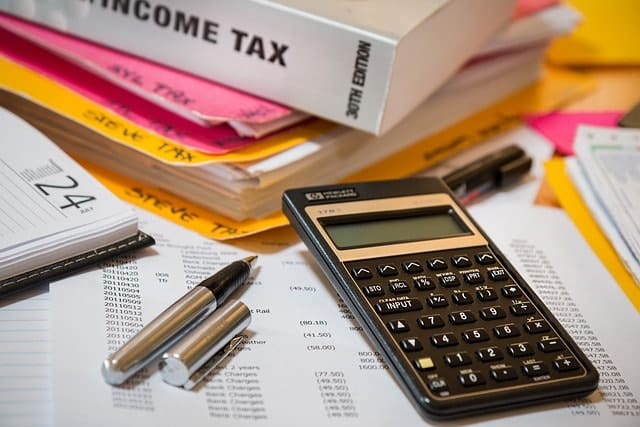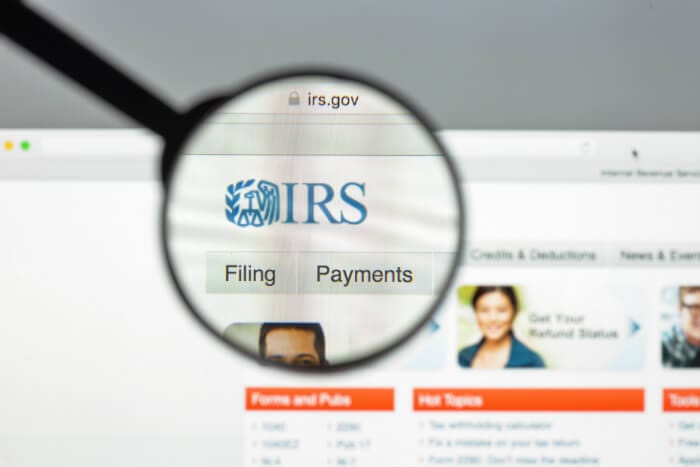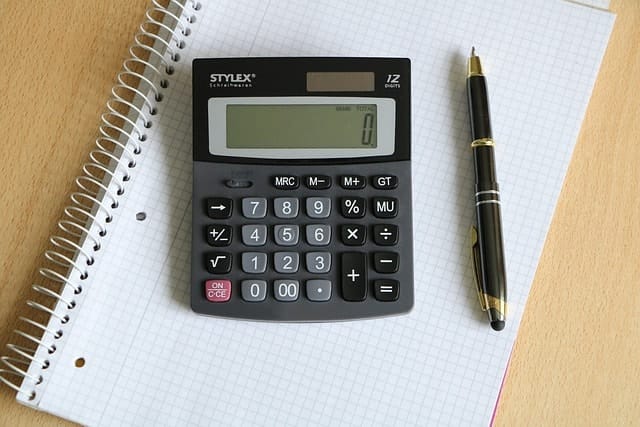Airbnb Tax Return: What Airbnb Hosts Need to Know

Airbnb taxes are fairly complicated. That is true whether you’re filing income taxes yourself for the first time as an Airbnb host or you’re a seasoned professional with decades of experience.
If you want to make sure that you are in compliance with reporting requirements, planning ahead is essential.

Do I Have to Pay Taxes on My Airbnb Income?
The short answer is ‘yes.’ For most of us who host on Airbnb more regularly, the tax authorities will view your short-term rental activities as a business, meaning you’ll need to report that income.
The 14-Day Rule
There is one exception. This is often referred to as the “14-Day Rule” or “Masters Exception.” If you rent your place for 14 days or fewer during the year and use it for personal purposes for at least 14 days, you can pocket that income tax-free! But if you go over that limit, you’ll need to report all your rental income and any associated expenses can be deducted.
How Much Tax Would I Owe Based On My Gross Income?

The amount of regular and Airbnb co-host taxes that you will owe depends on your rental income and any deductible expenses.
Deductible expenses reduce your taxable income so that you pay less tax. You can estimate the amount of tax you might owe by using a tax calculator.
In addition to taxes withheld on your annual tax filing, you may also owe estimated taxes. These are paid throughout the year on a quarterly or monthly basis depending on your earnings.
What Do I Need to Keep Track of in Order to Prepare?
In order to prepare tax season, you’ll need to make sure to keep track of your income, as well as, any expenses related to cleaning fees and to your Airbnb business.
You get records of your Airbnb rental activities simply by exporting certain taxpayer information from your Airbnb host dashboard.

As a business owner, there are likely a number of expenses related to your Airbnb that are deductable. Therefore, keep all receipts and invoices related to purchases that you’ve made for your Airbnb.
Keep a log of the dates in which your property was rented and was not rented out. These dates are important for determining how often your property was used for rental activities for the tax year for purposes of calculating your deductions.
Finally, you’ll also need to keep any tax documents that you’ve received from Airbnb for reconciliation purposes.
Will Airbnb Provide The Tax Form?
There are several tax forms that you should be aware of for your short term rental income but you can find everything you need on your Airbnb account.

Form 1099 K
If you make more than $20,000 and have 200 or more Airbnb transactions in a calendar year, you’ll receive a Form 1099-K from Airbnb. This form reports your rental income to the IRS (internal revenue service), so it’s crucial to make sure your tax return matches what Airbnb has reported.
Compare the Form 1099-K with your gross earnings in the Airbnb dashboard to ensure everything lines up.
If you get a letter from the IRS about your reported rental income, don’t worry—it’s not uncommon. This might happen if Airbnb reported your income on a 1099-K form even though you might qualify for the 14-day rule. In these cases, having detailed records of your rental periods and personal use days can help you clear things up.
Form 1099-MISC
Form 1099-MISC is a tax document Airbnb sends to US hosts who earn $600 or more in a year from promotional payments, bonuses, awards, or other reportable income not included on Form 1099-K or 1099-NEC.
This form shows the gross amount before Airbnb fees. If your tax classification is a C or S Corporation, you might not receive this form.
Form 1042-S
Form 1042-S is a tax document Airbnb sends to non-US citizen or tax resident hosts (for both Airbnb and Luxury Retreats) who provided a Form W-8 and earn US-sourced income. It shows the gross amount before Airbnb fees.
Where do I find these forms?
To find your tax documents:
- Go to your Airbnb account and click your profile picture.
- Select Account and then Taxes.
- Click the > icon under the Taxpayers tab.
- View your documents under the Tax documents tab (available for up to 4 years).
Alternatively:
- Visit your earnings dashboard.
- Select Taxes information > Tax documents.
Check the “Your 202X Tax Form(s) Is Ready!” email from Airbnb for details on your Form 1099 if applicable.
What Forms Do I File?
Airbnb hosts can use either Schedule C or Schedule E (Form 1040).
Schedule C Vs Schedule E
Schedule C
Schedule C is used to report business income.
And if you’re offering services like breakfast or concierge help, the IRS might see you as self-employed. This means you’ll owe self-employment tax, which cover Social Security and Medicare, on top of your regular income taxes.
Self-Employment tax is paid quarterly or monthly, depending on your revenue.
Schedule E
Schedule E is used to report passive income. Since the majority of Airbnb hosts provide services to their guests, their income is not considered to be passive. Therefore, these hosts must file using Schedule C.
What About Local Taxes?
In addition to federal taxes, you may also owe state and local taxes. In order to figure out what you’ll need to pay, get in touch with the tax authorities for the area where your property is located.

In certain jurisdictions, Airbnb may collect and remit occupancy tax, also known as hotel tax, lodging tax or transient occupancy tax, on your behalf. This means that these will be automatically added to a guest’s bill.
Here is the complete list of jurisdictions where Airbnb collects on behalf of hosts. Remember that certain Airbnb service fees are deducted from earnings ahead of time.
Still as an Airbnb host, you are ultimately responsible for fulfilling your obligations when it comes to meeting local tax laws. So even if Airbnb does not collect local taxes on your behalf, they must be paid.
You may also be required to file lodging tax returns in order to report the amount of tax collected even if Airbnb is doing it on your behalf.
What Business Expenses Can I Deduct?
Deductions include things like Airbnb commissions and fees, costs for furnishing your rental, and marketing expenses.
You can also deduct a portion of costs like homeowner’s insurance, mortgage interest, property taxes, and utilities.
If you’re renting out just part of your home, make sure to separate these expenses correctly between personal and rental use.
For example, if you rent out a room that makes up 20% of your home’s total square footage, you can get a deduction of 20% of the mortgage interest and property taxes.

For the costs of owning and maintaining your property, you may only deduct the portion of the costs that can be allocated to the rental unit on your tax return.
Depreciation is one of the biggest deductions for Airbnb hosts. Depreciation is the reduction in value of property over time. Depreciation can be spread out over many years when it comes to Airbnb tax returns providing yet another way to pay less.
Should I Hire a Tax Professional?

While this article offers helpful insights, it’s always a good idea to consult a CPA or tax professional to get advice tailored to your specific situation.
A tax pro can help you prepare your tax form accurately, reducing the chances of errors and ensuring you don’t pay more than you owe.
It’s also wise to file a Form W-9 with Airbnb to provide your Taxpayer Identification Number. This allows Airbnb to report your earnings correctly to the IRS, ensuring you get the full amount of your rental earnings without unnecessary withholding.

Final Thoughts
Navigating Airbnb taxes might seem daunting, but staying informed and organized can make the process smoother.
Ensure you track your income and expenses accurately, understand the forms you’ll receive, and know where to find them. It helps to have software like iGMS on your side to keep on top of your financial reporting.
If you’re unsure, consulting a professional can help you get it right and avoid any costly mistakes. Stay on top of your tax game, and enjoy a stress-free hosting experience!







